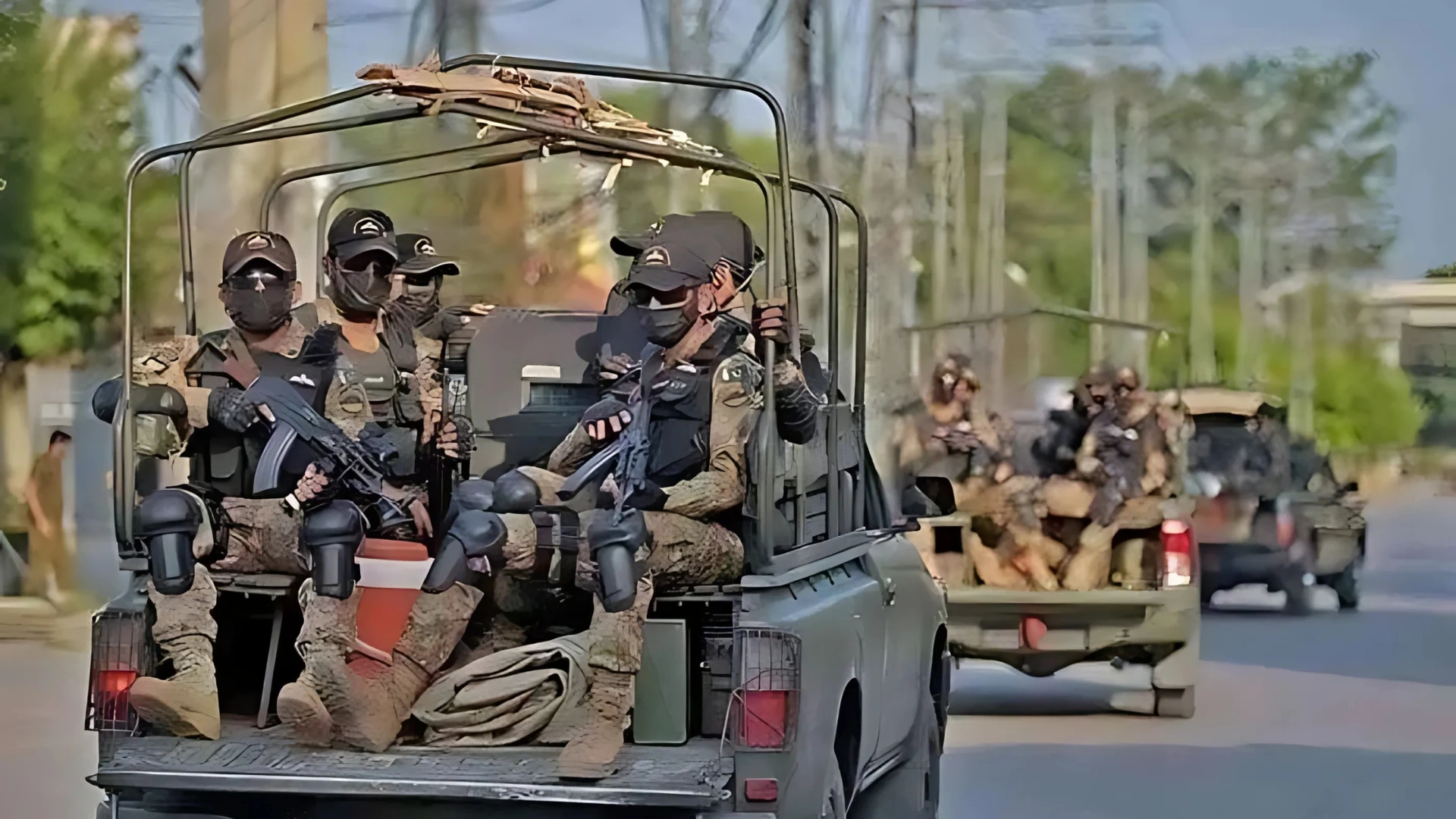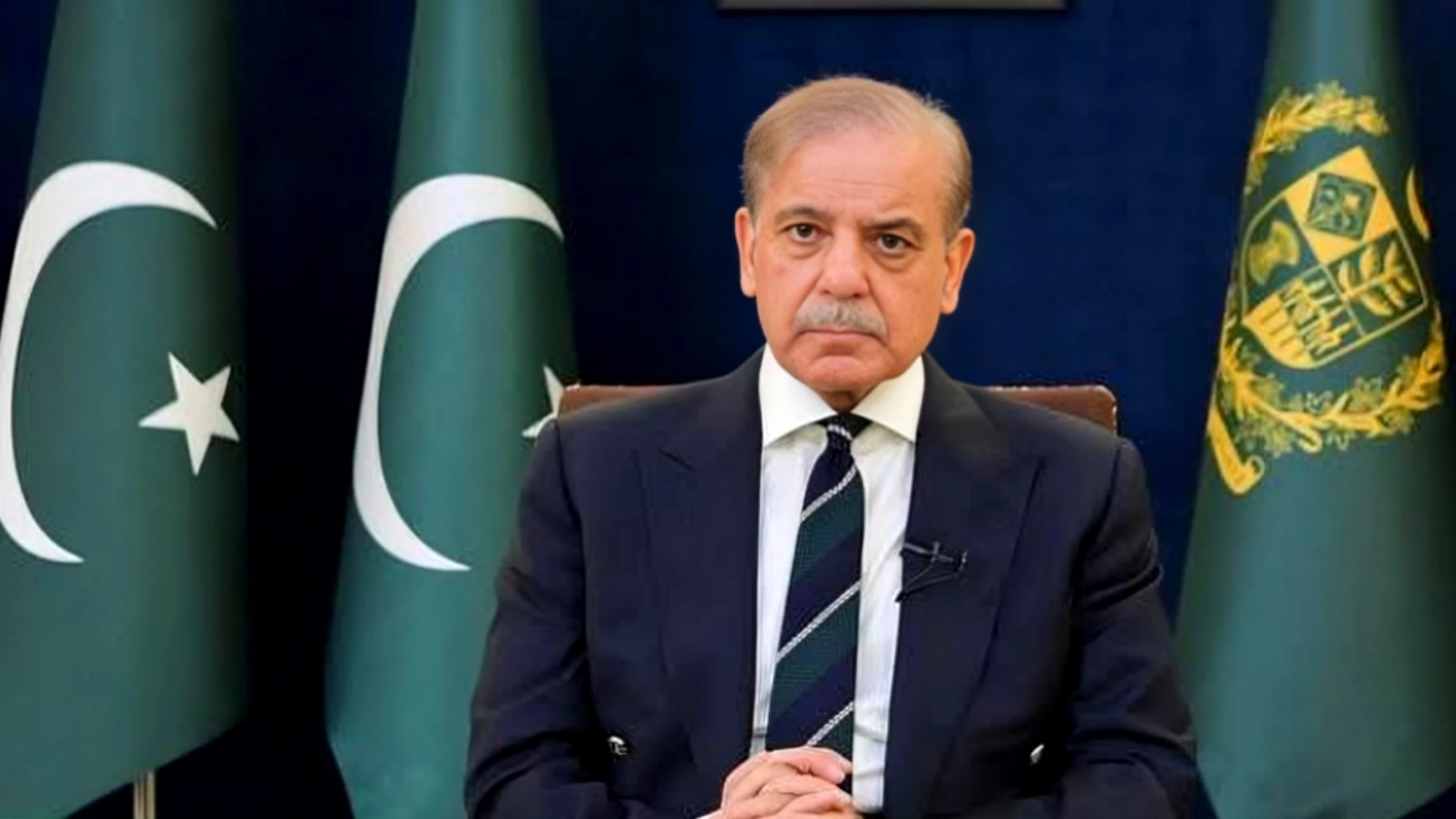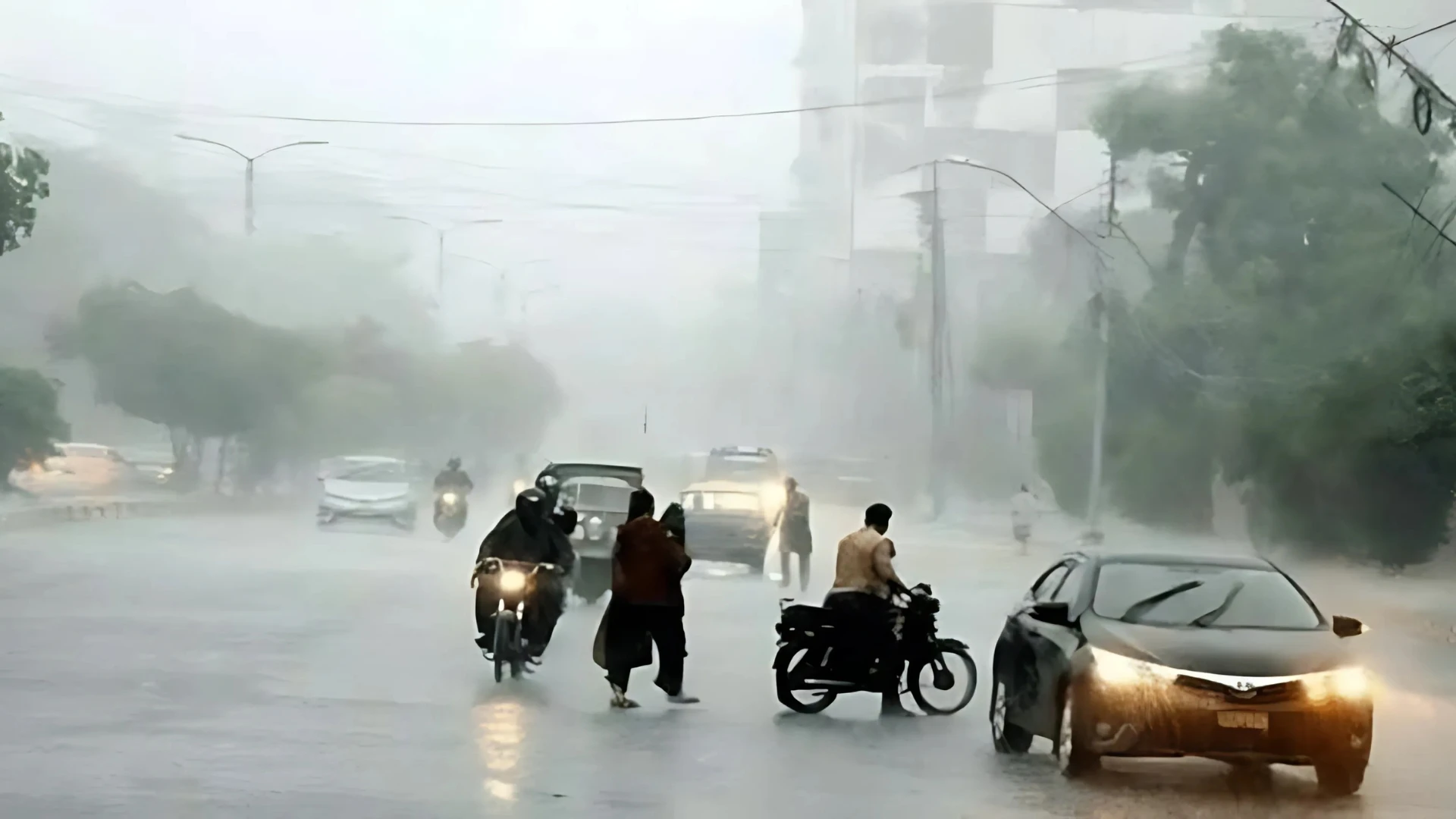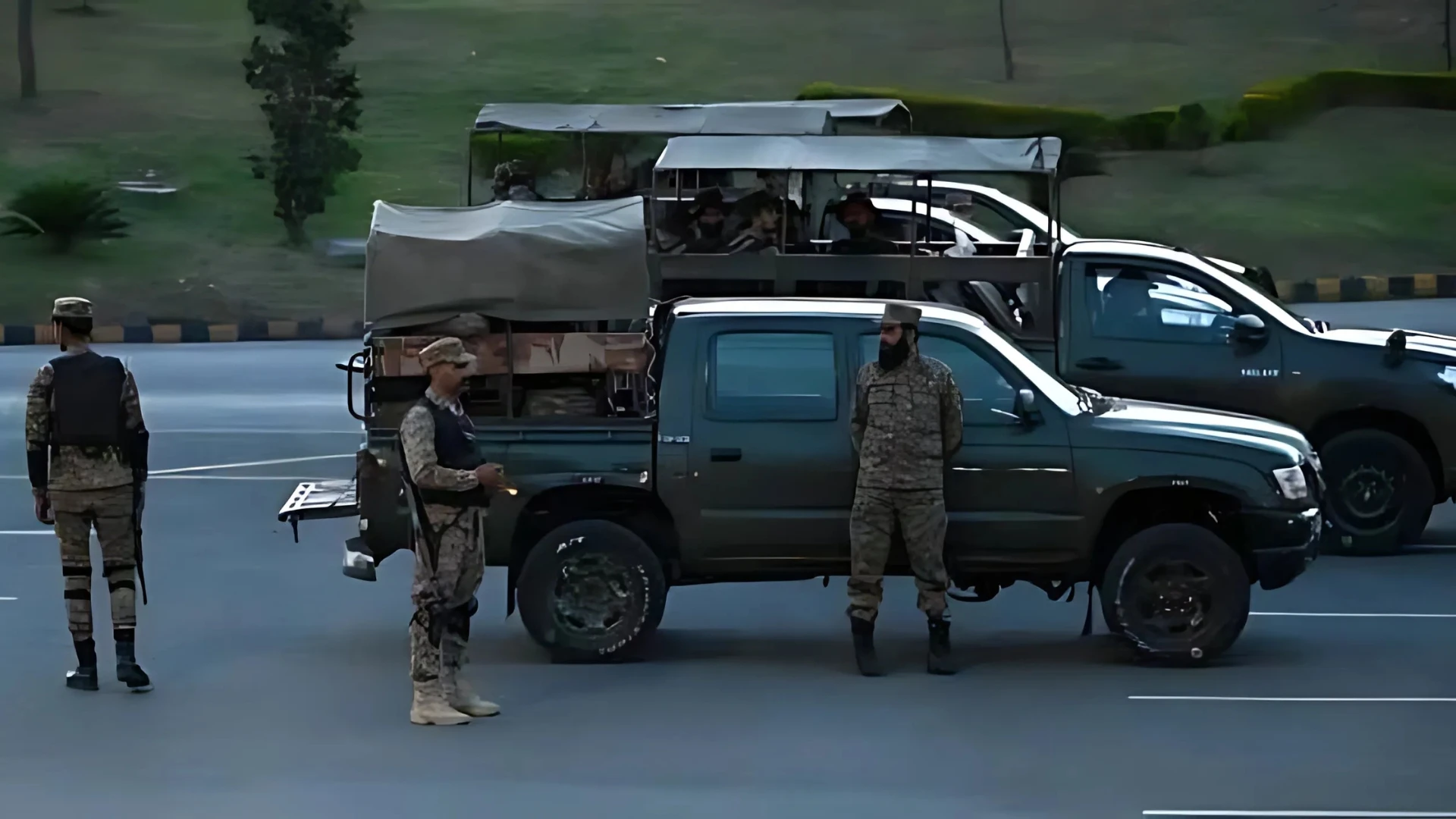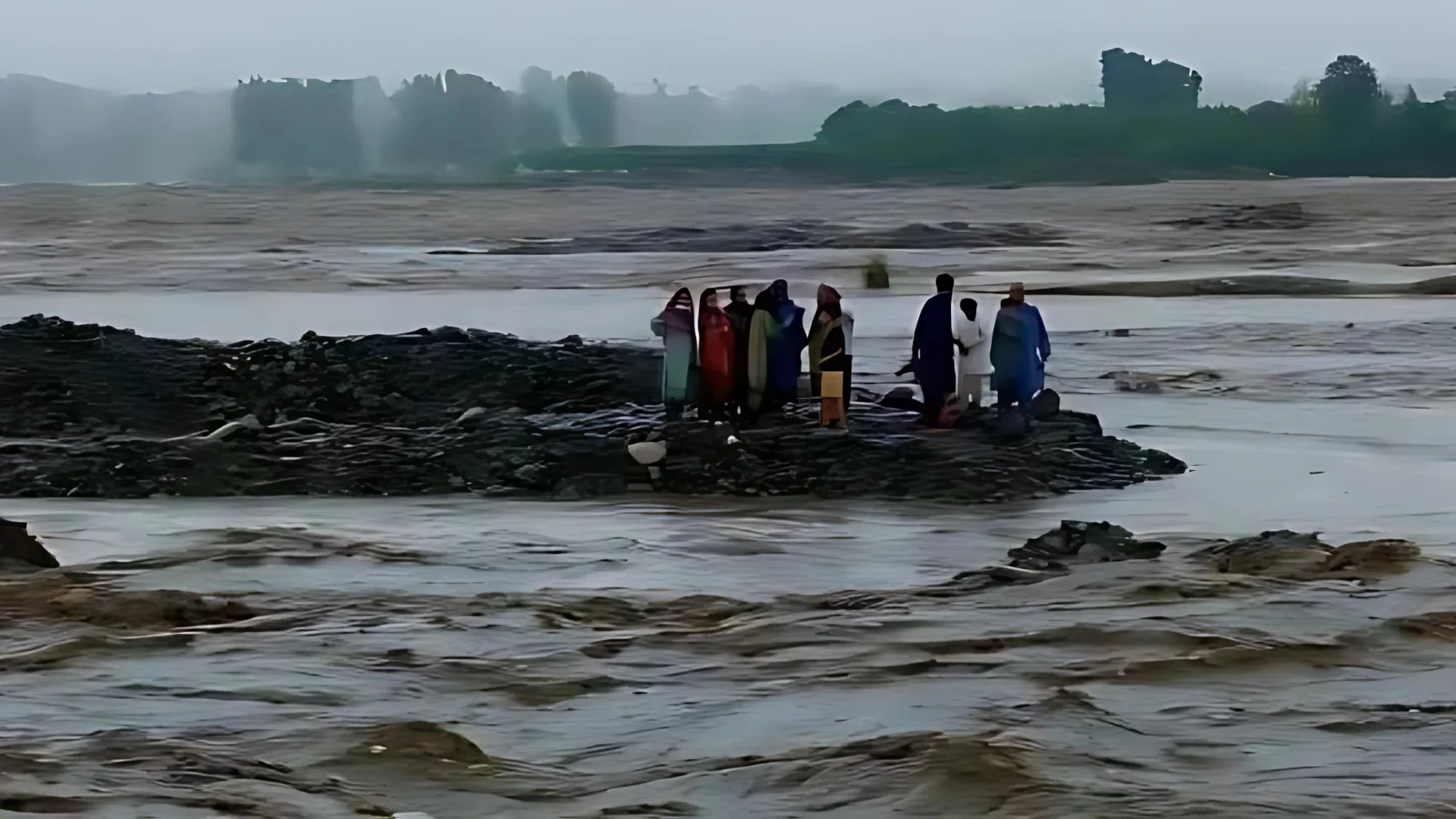Islamabad: The impact of the suspension of all US foreign aid programs has started to surface in Pakistan, where over 60 health facilities operated under the United Nations Population Fund (UNFPA) are set to shut down.
The decision will leave around 1.7 million individuals, including 1.2 million Afghan refugees, without access to critical reproductive health services.
UNFPA’s Regional Director for Asia and the Pacific, Pio Smith, expressed deep concern over the situation, warning that millions of women and girls across Afghanistan, Bangladesh, and Pakistan now face severe health risks due to the discontinuation of these vital services.
The suspension comes as a result of the US administration’s decision to pause almost all foreign aid programs while conducting a 90-day review. Consequently, US-funded UNFPA services that support vulnerable populations in crisis-hit regions have been halted.
“This is not just about numbers; these are real lives at stake. Some of the world’s most vulnerable people will be affected,” Smith stated in a press release issued on Wednesday.
According to UNFPA estimates, the organization will need over $308 million in 2025 to sustain essential services across Afghanistan, Bangladesh, and Pakistan.
Meanwhile, in Washington, it has been announced that from February 7, all USAID direct-hire personnel will be placed on administrative leave globally, except for essential staff responsible for critical operations, leadership, and specially designated programs. Those selected to continue working will be notified by February 6.
US Secretary of State Marco Rubio, currently visiting Guatemala, assured that the US would continue funding international aid projects following a detailed review. He explained that the administration was forced to implement the sweeping suspension, which includes recalling most USAID personnel from overseas.
Rubio emphasized that the review process would now focus on evaluating programs from the ground up rather than a top-down approach. He reiterated that the Trump administration had repeatedly requested USAID to reassess its funding but had not received a satisfactory response.



